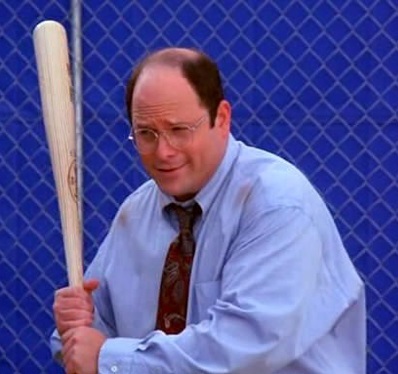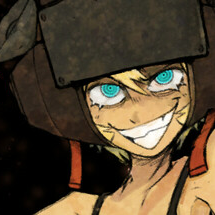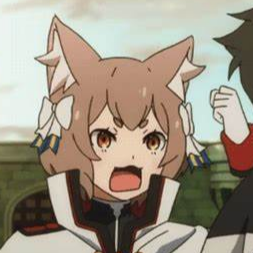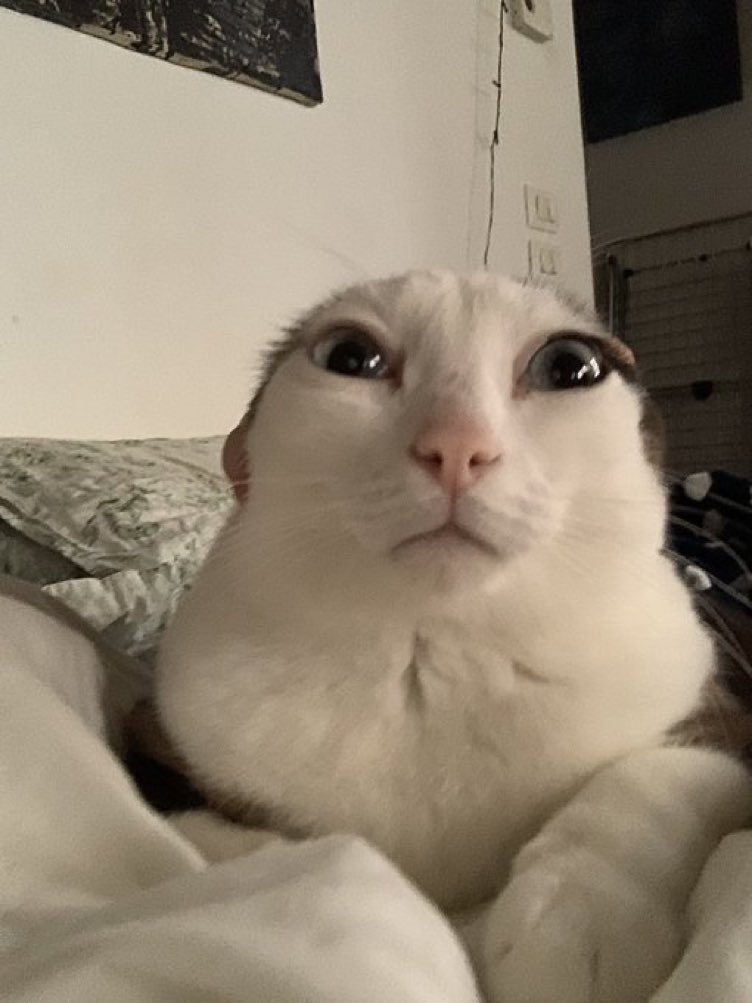The Soviet Union was established in December 1922 as the Union of Soviet Republics of Russia (known as Bolshevik Russia), Ukraine, Belarus and Transcaucasia governed, the first three, by Bolshevik parties and the last by the Menshevik.
The Revolution and the founding of the Soviet state
The Great October Revolution was one of the most relevant and momentous events of the 20th century, it was a true revolution that shook the world, where the great leading role of Lenin and the Marxist conception of him that gave rise to the Bolshevik Party stood out.
The popular uprising in Petrograd culminated in the overthrow of the imperial government in March 1917.
To ensure the rights of the working class, workers' assemblies, known as Soviets, are born throughout the country. The Bolsheviks, led by Vladimir Ilyich Lenin, lobbied for a socialist revolution both in these assemblies and in the streets, overthrowing the Provisional Government on November 7, October 25 according to the Julian Calendar, 1917 and handing over power to the soviets of workers, soldiers and peasants.
Only after the long and bloody Russian Civil War of 1918–1921, during which the first Soviet Constitution of 1918 was passed, did the new Soviet power take hold.
Unification of the Soviet republics
On December 29, 1922, a conference of plenipotentiary delegations from Russia, Transcaucasia, Ukraine and Belarus approved the Treaty of Creation of the USSR and the Declaration of the Creation of the USSR, forming the Union of Soviet Socialist Republics.
These two documents were confirmed by the first Soviet Congress of the USSR and signed by the heads of the delegations Mikhail Kalinin, Mikha Tskhakaya, Mikhail Frunze and Grigory Petrovsky, and Aleksandr Chervyakov respectively on December 30, 1922. On February 1, 1924 the USSR was recognized by the first world power of the time, the British Empire.
Stalin government
Lenin's untimely death in January 1924 triggered a fierce power struggle. The main Factions were Trotsky and Iósif Stalin, then secretary general of the party, who proclaimed themselves legitimate heirs of Lenin. Thanks to his control over the party apparatus, Stalin managed to win the support of the majority of its members and thus consolidate his power.
In 1929, Stalin was recognized as the top leader of the party and the state. he would implement a collectivization policy that was unpopular with the Kulak class, and a Five year plan to industrialize the USSR into a mayor power.
In foreign policy the Molotov-Ribentrop pact: On August 23, 1939, the Soviet Union and Germany signed a non-aggression pact in Moscow, after the failure of an anti-Germany Pact involving France and Czechoslovachia.
The USSR and World War II
Once World War II started, however, and considering Hitler that the fall of England was imminent, he ordered an attack on the Soviet Union, making the pact a dead letter. On December 18, 1940, Hitler ordered the invasion of the USSR (Operation Barbarossa) with more 3,000,000 German soldiers. The invasion took Stalin by surprise even though he had sufficient information from various sources of his own intelligence (such as Soviet agent Richard Sorge) that it was imminent. From the beginning of the invasion, the war received, on the part of the Soviet people, the name of Great Patriotic War.
Initially the German forces advanced rapidly through the western plains of the USSR, causing immense losses in human and material resources to the Red Army. However, the Soviet resistance made the attempts to take Leningrad and Moscow a failure, the latter in November-December 1941. The non-occupied part of the country was transformed into a production zone continues to ensure resistance and victory, while in the Nazi-occupied areas burned with guerrilla resistance in the form of the Partisans.
The Red Army stopped the Nazi offensive at the Battle of Stalingrad, from late 1942 to early of 1943, to later damage him definitively in the Battle of Kursk, being the major decisive point, and he advanced through Eastern and Central Europe to Berlin until the taking of Berlin and the unconditional surrender of Germany on May 8, 1945.
Subsequently, the USSR was a decisive part in the defeat of Imperial Japan and the liberation of northern China and the Korean peninsula. Although ravaged by war, the USSR emerged from the conflict as a recognized superpower and enormous prestige, having been the country that withstood the attack of 80% of the German forces and their allies, suffering more than 27 million casualties, among civilians and military.
The Soviet Union helped post-war rebuilding in Eastern European countries, founded the Warsaw Pact in 1955, later the Council for Mutual Economic Aid, helped emerging popular China. Meanwhile, imperialist Cold War policy turned the Soviet Union's wartime allies, the United Kingdom and the United States, as enemies.
After Stalin
Joseph Stalin died on March 5, 1953. After his death, his successor, Nikita Khrushchev, presented to the plenary session of the XX Congress of the Communist Party in 1956, in which he denounce Stalin and move the country in a Revitionist path.
The Soviet Union unleashed enormous scientific and technological potential, launching the first artificial satellite Sputnik 1, the first living being to travel into space is Laika, and later, the first human being to orbit the Earth, Yuri Gagarin.
The enormous effort made to achieve nuclear parity with the United States contributed to bleeding the Soviet economy and together with other errors caused industry and agriculture to stagnate.
After Khrushchev, another period of rule by the Committee or collective command followed which lasted until Leonid Brezhnev established himself in the early 1970s as the pre-eminent figure in Soviet political life.
In the sports field it became the first world power, the Soviet Union organized the 1980 Olympic Games, based in Moscow.
Gorbachev's reforms and the dissolution of the USSR
Gorbachev began to implement significant changes in the economy, Perestroika and Glásnost politics, unleashing opportunistic forces that with the encouragement of the West worked to disintegrate the USSR and the return of its members - especially Russia - to capitalism. The distancing of the Communist Party and its leadership of the workers favored this process.
The movement that definitely brought down the USSR came from Russia. In May 1990, Borís Yeltsin, who had been expelled from the CPSU in 1987, was elected president of the Russian Parliament. From that position of power, Yeltsin promoted measures that precipitated the end of the Soviet Union.
Powerless and abandoned by almost everyone, Gorbachev resigned as President of the USSR on December 25, 1991. The Soviet red flag was lowered in the Moscow Kremlin, the Russian flag replaced it.
Russia took over from the USSR on the international scene: embassies, permanent post on the Security Council, and control of Soviet nuclear weapons. The end of the Cold War was announced, but the United States took the opportunity to impose its hegemony in a unipolar world.
https://hexbear.net/post/158599 check out this mega about a fellow comrades new game they made themselves and give it support
Resources for Organizing your workplace/community :sabo:
Resources for Palestine :palestine-heart:
Buy coffee and learn more about the Zapatistas in Chiapas here :EZLN:
Here are some resourses on Prison Abolition :brick-police:
Foundations of Leninism :USSR:
:lenin-shining: :unity: :kropotkin-shining:
Anarchism and Other Essays :ancom:
Remember, sort by new you :LIB:
Follow the Hexbear twitter account :comrade-birdie:
THEORY; it’s good for what ails you (all kinds of tendencies inside!) :RIchard-D-Wolff:
Come listen to music with your fellow Hexbears in Cy.tube :og-hex-bear:
Queer stuff? Come talk in the Queer version of the megathread ! :sicko-queer:
Monthly Neurodiverse Megathread and Monthly ND Venting Thread :Care-Comrade:
Join the fresh and beautiful batch of new comms:
!worldbuilding@hexbear.net :european-soviet:
!labour@hexbear.net :iww:
!cars@hexbear.net :cringe:
I think I'm going to wind up making a thread about this, but I think it's a bit interesting how a lot of leftists and people in general seem to have a very strange picture of what a socialist or communist society may look like. I sometimes hear Maupin and some other people talk and I get the feeling most have a picture of it being something like currently existing society sans wage labor as a social relation (which in itself would be a radical transformation) but I look around myself in the USA and like, all I can think is:
This shit is so fucked you're going to literally have to completely bulldoze entire swathes of the country, and somehow accustom people to an entirely different (and arguably healthier) way of living completely detached from the atomized existence they lived before. Something like 1 in 5 young adults in the USA are NEETs apparently? WTF? That is a serious societal problem, a morbid symptom of a deeply anti human system. I mean all of it, ALL of it is going to have to be torn down and reengineered especially as climate change becomes more and more of an issue, but I think besides us weirdos nobody actually seems to want walkable cities, an elevated culture, non isolated existences, work that means at least something and a nice, but modest place to live.
Christman was talking about how modern life has been engineered to take life out of life. You are a set of disembodied eyes, floating through the aether of cyberspace bearing witness to the similiarly displaced existences of other neoliberal subjects. You have the honey but not the sting of life, you want to be based without being cringe.
I think a lot of people are underestimating just how radical a change a communist revolution in the imperial core would bring. It would be some serious end of the world shit. You would be completely reorienting the ideological viewpoint that the last 4 centuries of humans have understood the world with.
You'd be awakening from the dream of seperateness. It would be wild man. Crazy shit! Crazy shit!
Kwame Ture: "STUPID SYSTEM! STUPID SYSTEM! THAT IS A STUPID SYSTEM!"
@aaaaaaadjsf @Abraxiel @Antilope @Alaskaball @AlexandairBabeuf @Arahnya @bbnh69420 @BrownGravy @budoguytenkaichi @buh @Bunhead @CARCOSA @CDommunist @Cherufe @ClathrateG @ClimateChangeAnxiety @clover @comi @communistfuckface @ComradeCmdrPiggy @ComradeEchidna @context @CopsDyingIsGood @crime @DashEightMate @DasKarlBarx @DeathToBritain @Dirt_Owl @Downanotherday @Eco @Edelgard @ella @el_principito @EmmaGoldman @FunkyStuff @GalaxyBrain @GarfieldOfficial @GoroAkechi @Grownbravy @inshallah2 @JamesConeZone @Kanna @Kaputnik @Koa_lala @LeftistJerrySeinfeld @Lenins2ndAccount @LeninWeave @Lil_Revolitionary @marxisthayaca @MaybeNickCage @MelaniaTrump @Melon @MeltyBloodPlayer @Mindfury @Ness @plantifa @PM_ME_YOUR_FOUCAULTS @PorkrollPosadist @PurrLure @Ram_The_Manparts @Redcuban1959 @REallyN @Rem @RoseColoredVoid @Sandinband @Shitbird @SorosFootSoldier @TheGhostOfTomJoad @TrollBoy @ultraviolet @viva_la_juche @WIIHAPPYFEW @Wmill @wtypstanaccount04 @Yanqui_UXO @Zoift
first don't @ me
prozd is pretty funny. not "$10 million a year" funny, or whatever he makes. but pretty funny.
Just got my mask ripped off by an anti-masker/vaxxer at work. ready to just say fuck this job and become a forest hermit :agony-deep:
[CW mention of suicide]
spoiler
Been thinking about mom again. Honestly I wish I could tell people she took her own life, because that's pretty much what she did. Her official cause of death was septic shock and pneumonia, no doubt brought on by her chronic drinking on top of having hepatitis of her liver. In the last 6 months of her life she was brow beaten by my father and my aunt, called every name in the book and raked over the coals for everything. And yet, me, who was by her side and tried to help her the best I could, am getting blamed for her death. I can see why she took her own life. Hell, I'd do the same but I'm too afraid of death. I just wish mom would have helped me help her. We could have got her a divorce from dad and put her on assistance. I could have sent her to rehab. I could have got her medication for her liver. So many could haves.
Remember when Ben Shapiro did a whole thing about how Wakanda isn't a real place, and dumb liberals think it is or some shit. Bro, you believe in Israel.
Everyone is getting Covid, hospitals are nonfunctional, 5 people got killed by an unhinged Jordan Peterson fan, there’s a wildfire in the mountains near Denver, and half a million Teslas are being recalled. What an emblematic way to end this year and begin the next one.
Why the fuck do the dutch have a celebration where they put on blackface
The Great October Revolution was one of the most relevant and momentous events of the 20th century, it was a true revolution that shook the world, where the great leading role of Lenin and the Marxist conception of him that gave rise to the Bolshevik Party stood out.
Still can't believe the mad lads actually pulled it off












